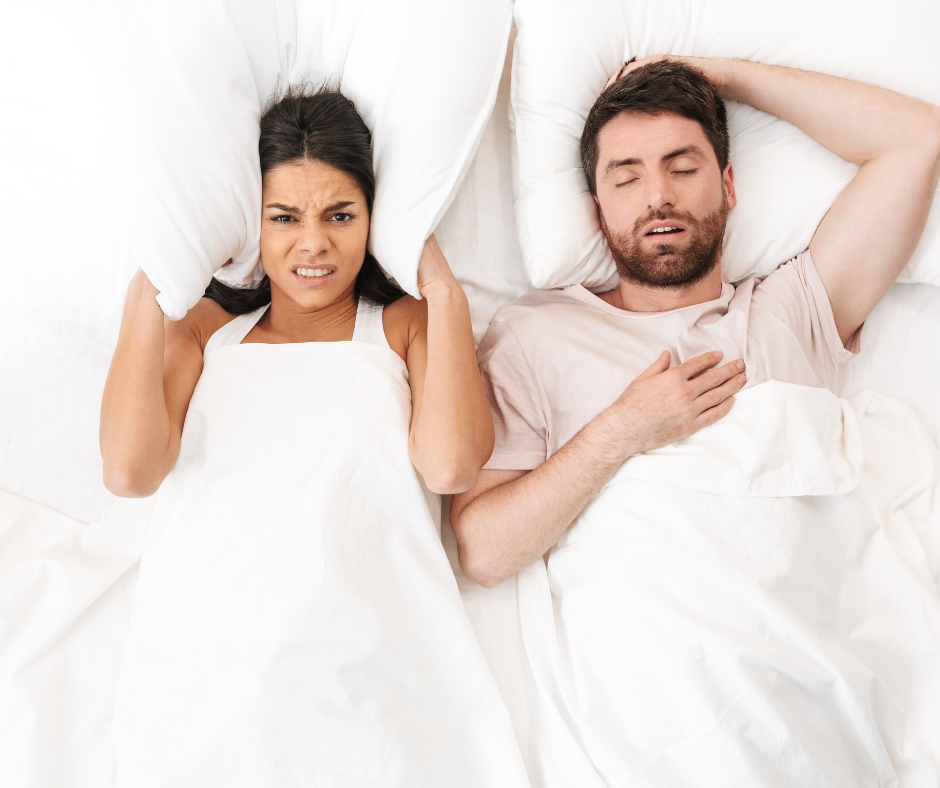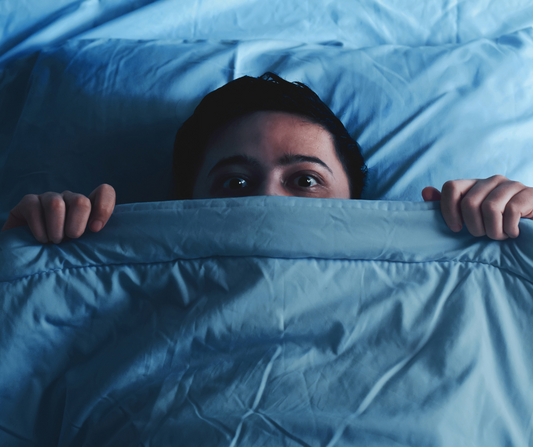When I was younger, I struggled with excessive snoring and poor sleep quality. I felt exhausted throughout the day. My doctor diagnosed a severely deviated septum. After surgery to repair the problem, I couldn’t believe how much more energized I felt in the morning and throughout the day—and my snoring was greatly reduced!
What Causes Snoring?
Snoring is a common problem. In fact, 45% of adults snore occasionally and 25% snore regularly, disrupting their own sleep and often their partner’s as well. Snoring occurs when an individual's airway becomes partially blocked during sleep. This causes the tissues in the throat to vibrate, resulting in the characteristic rumble of snoring. Anything that narrows your breathing passages can cause snoring, including enlarged tonsils, a deviated septum, nasal congestion, excess weight, or alcohol consumption.
Snoring is usually not a serious condition, but it can affect sleep quality and cause annoyance to bed partners. However, snoring can be a symptom of a far more serious health problem, sleep apnea.
What is Sleep Apnea?
Sleep apnea is a disorder characterized by snoring or gasping during sleep and dramatically affects one’s ability to breathe normally. The airway becomes partially or completely blocked, causing the individual to stop breathing for periods of time. These interruptions can occur 20-30 times per hour and can last from a few seconds to several minutes. Sleep apnea can have serious consequences for an individual's health, including chronic fatigue, high blood pressure, and an increased risk of heart attack and stroke. Think about it… if you are only receiving 80% of the oxygen your body needs per night, you are significantly limiting your ability to physically recover and mentally restore, which affects your entire physiology.
The primary difference between snoring and sleep apnea is the severity of the breathing interruption. Snoring is a mild form of breathing obstruction, while sleep apnea is a more serious condition that requires prompt medical attention. Snoring is often treated with lifestyle changes, such as sleeping on one's side (with excellent neck support provided by the 6-Chamber Pillow with free shipping and returns) or losing weight. However, sleep apnea is typically addressed with a combination of lifestyle changes and medical devices, such as continuous positive airway pressure (CPAP) machines.
What We Have Learned
Snoring and sleep apnea are two distinct conditions that can affect an individual's sleep quality, health, and overall well-being. While snoring is a mild form of breathing obstruction, sleep apnea is a more serious condition that requires prompt medical attention. It is important to seek the advice of a medical professional if you suspect that you may be suffering from sleep apnea.
Scroll down and sign up for our monthly newsletter to learn more.
Dream big, work hard, sleep ambitiously,
Joe Castignani



